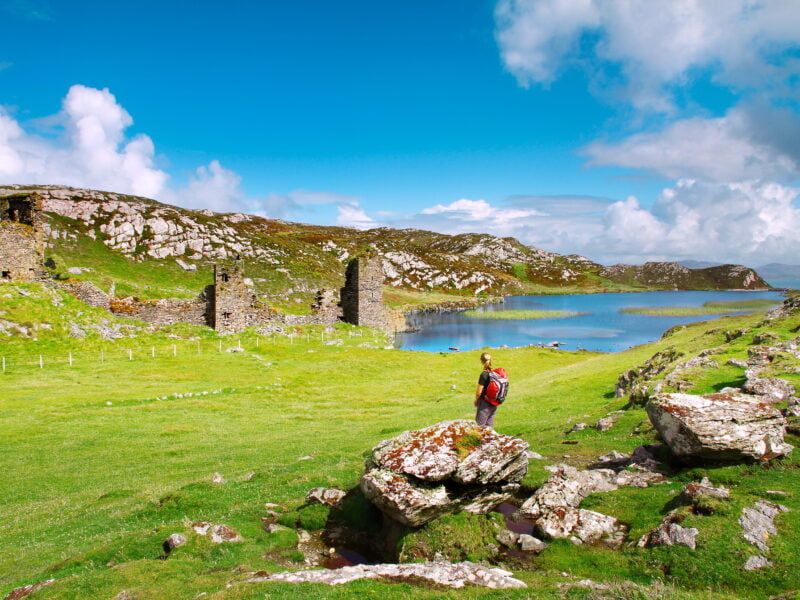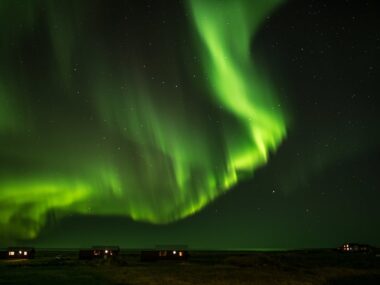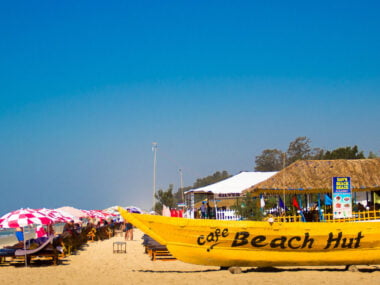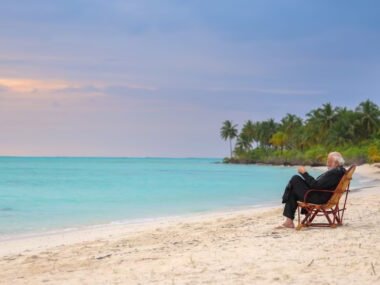When it comes to planning your dream trip to Ireland, timing is everything. The Emerald Isle, with its rolling green hills, ancient castles, and lively cities, offers a unique experience in every season. In this comprehensive guide, we’ll explore the best time to visit Ireland, taking into consideration weather, crowds, festivals, and the overall experience. Whether you’re a nature enthusiast, history buff, or simply seeking an unforgettable adventure, read on to Unlock the Magic of Ireland.
Table of Contents
Understanding Ireland’s Seasons
Before we dive into the specifics, let’s get familiar with Ireland’s four distinct seasons:
Spring in Ireland

March to May
Spring in Ireland is a time of rebirth and renewal. The landscape transforms into a lush green paradise, and flowers bloom in abundance. The weather is mild, with average temperatures ranging from 8°C to 12°C (46°F to 54°F). This season is ideal for those who want to explore Ireland’s gardens, countryside, and hiking trails without the summer crowds.
Summer in Ireland

June to August
Summer is peak tourist season in Ireland, and for a good reason. The days are long, with up to 18 hours of daylight, and temperatures range from 14°C to 20°C (57°F to 68°F). It’s the perfect time for outdoor activities, exploring the stunning coastlines, and enjoying vibrant festivals. However, be prepared for larger crowds and higher prices during this period.
Autumn in Ireland

September to November
utumn paints Ireland in rich shades of red, orange, and gold. The weather remains relatively mild, with temperatures ranging from 11°C to 15°C (52°F to 59°F). The fall foliage is a sight to behold, and you’ll find fewer tourists compared to the summer months. It’s an excellent time for nature lovers and photographers.
Winter in Ireland

December to February
Winter in Ireland brings a cozy and magical atmosphere. While temperatures can dip to 3°C to 8°C (37°F to 46°F), it’s the perfect time to experience the warmth of Irish hospitality. Pubs feature roaring fires, and holiday festivities abound. If you prefer indoor attractions, museums, and historical sites, winter is an excellent choice.
The Best Time for Ideal Weather
One of the most common factors travelers consider when planning their visit to Ireland is the weather. If you’re looking for the best time to visit Ireland, the summer months of June to August are your best bet. During this period, you’ll experience milder temperatures and longer daylight hours. However, it’s essential to keep in mind that Ireland’s weather can be unpredictable even in summer, so packing waterproof gear is advisable.
Avoiding Crowds: Timing Matters
Peak Tourist Season
Summer in Ireland is the peak tourist season, attracting visitors from all around the world. While it offers the best weather, it also means more significant crowds at popular attractions and higher prices for accommodations and tours. If you don’t mind the hustle and bustle and want to experience Ireland at its liveliest, summer is the time for you.
Shoulder Seasons
For those seeking a balance between good weather and fewer tourists, the shoulder seasons of spring (March to May) and autumn (September to November) are the best time to visit Ireland. During these months, you can enjoy pleasant weather, vibrant landscapes, and cultural events without the summer crowds. May and September, in particular, offer some of the best weather conditions while avoiding the peak season rush.
Off-Peak Season
Winter, from December to February, is considered the off-peak season in Ireland. While the weather is colder and wetter, it’s the best time to visit Ireland for budget travelers and those looking for a quieter, more intimate experience. You’ll have a chance to explore indoor attractions without the crowds and immerse yourself in the coziness of Irish winter traditions.
Festivals and Special Events
Ireland is known for its vibrant festivals and cultural events, and the timing of your visit can allow you to partake in these unique experiences.
Celebrating St. Patrick’s Day

If you’re looking to experience Irish culture at its finest, plan your visit in March to coincide with St. Patrick’s Day. The entire country comes alive with parades, music, dance, and a sea of green. Dublin, in particular, hosts an impressive St. Patrick’s Festival.
Summer Festivals

Summer in Ireland is synonymous with festivals. Whether you’re interested in arts, music, or food, you’ll find a festival to suit your taste. The Galway Arts Festival, Cork Jazz Festival, and Bloom in the Park in Dublin are just a few of the highlights during this season.
Autumnal Delights
Autumn brings a different kind of magic to Ireland, with events like the Dublin Theatre Festival and the Bram Stoker Festival. The latter celebrates the author of “Dracula” and includes Gothic-inspired events and tours.
Exploring Natural Beauty
The timing of your visit to Ireland will also determine the natural beauty you’ll encounter.
Lush Spring Landscapes
Spring is the season of rebirth, and Ireland’s landscapes burst into life. The countryside is awash with vibrant green hues, and gardens come alive with blossoms. It’s the perfect time for scenic drives, hiking, and exploring Ireland’s iconic castles.
Sun-Kissed Summers
Summer is all about enjoying the great outdoors. With longer daylight hours and mild temperatures, you can explore the rugged coastline, take boat trips to offshore islands, and visit Ireland’s renowned national parks.
Autumn’s Color Palette
Autumn in Ireland is a photographer’s dream. The changing leaves create a rich tapestry of colors, making it an excellent time for capturing stunning landscapes and cityscapes. Hiking and nature walks take on a whole new level of beauty.
Cozy Winter Retreats
Winter in Ireland may be chilly, but it’s a time for warmth and coziness. Pubs and restaurants offer hearty Irish meals, and historic sites take on a peaceful aura with fewer visitors. It’s an excellent time for exploring indoor attractions and enjoying the spirit of the season.
Activities and Adventures
Your choice of season will also influence the activities and adventures available to you.
Outdoor Adventures in Summer
Summer is ideal for outdoor enthusiasts. You can indulge in hiking, biking, golfing, and water sports along the coastline. The long daylight hours mean more time to explore and enjoy the stunning scenery.
Hiking in Spring and Autumn

Spring and autumn are perfect for hiking and exploring Ireland’s national parks. The milder temperatures make for comfortable treks, and the changing landscapes offer a unique experience with each visit.
Winter Indoor Attractions
If you’re more interested in indoor attractions, winter provides the perfect opportunity to explore Ireland’s rich history and culture. Museums, historic sites, and cozy pubs await your discovery.
Planning Your Trip
Before you embark on your Irish adventure, here are some essential planning tips to keep in mind:
Booking Accommodation
During the peak tourist season, especially in summer, it’s advisable to book your accommodation well in advance to secure the best options. Ireland offers a range of choices, from charming B&Bs to luxury hotels.
Packing Tips
Given Ireland’s ever-changing weather, packing layers is essential. Be prepared for rain and sunshine, and don’t forget waterproof gear, comfortable walking shoes, and an umbrella.
Travel Essentials
Ensure you have all your travel essentials in order before your trip. Check your passport’s validity, research visa requirements if necessary, and consider purchasing travel insurance for peace of mind.
Conclusion
Ireland is a land of beauty, culture, and history, and the best time to visit Ireland depends on your preferences. Whether you long for the vibrancy of summer, the tranquility of autumn, or the cozy charm of winter, Ireland welcomes you with open arms. Plan your trip wisely, and you’ll undoubtedly fall under the spell of this enchanting country.
For the latest travel-related information, we recommend checking out sleekroamer.com












1 comment